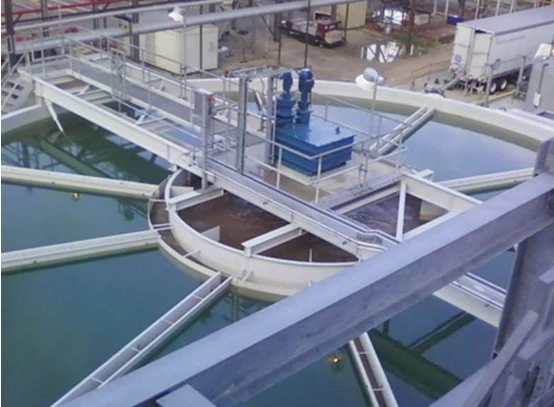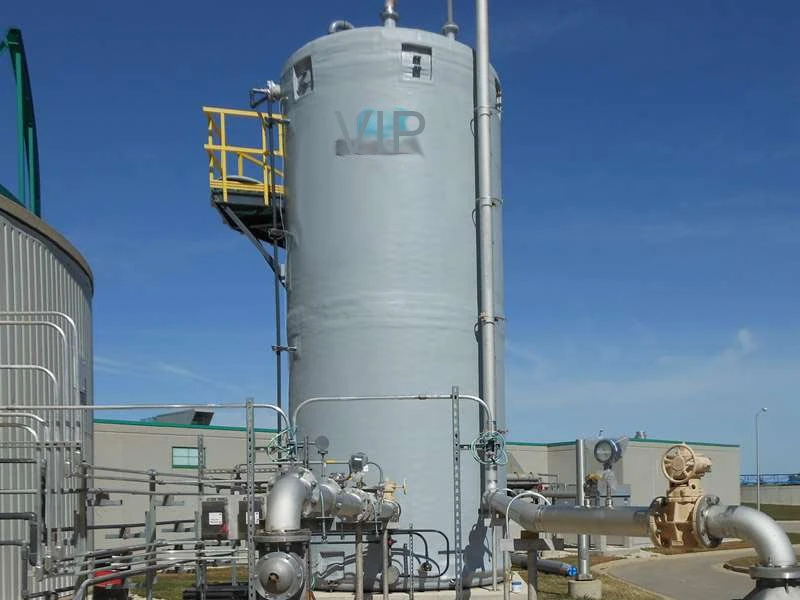
-
 Afrikaans
Afrikaans -
 Albanian
Albanian -
 Amharic
Amharic -
 Arabic
Arabic -
 Armenian
Armenian -
 Azerbaijani
Azerbaijani -
 Basque
Basque -
 Belarusian
Belarusian -
 Bengali
Bengali -
 Bosnian
Bosnian -
 Bulgarian
Bulgarian -
 Catalan
Catalan -
 Cebuano
Cebuano -
 China
China -
 China (Taiwan)
China (Taiwan) -
 Corsican
Corsican -
 Croatian
Croatian -
 Czech
Czech -
 Danish
Danish -
 Dutch
Dutch -
 English
English -
 Esperanto
Esperanto -
 Estonian
Estonian -
 Finnish
Finnish -
 French
French -
 Frisian
Frisian -
 Galician
Galician -
 Georgian
Georgian -
 German
German -
 Greek
Greek -
 Gujarati
Gujarati -
 Haitian Creole
Haitian Creole -
 hausa
hausa -
 hawaiian
hawaiian -
 Hebrew
Hebrew -
 Hindi
Hindi -
 Miao
Miao -
 Hungarian
Hungarian -
 Icelandic
Icelandic -
 igbo
igbo -
 Indonesian
Indonesian -
 irish
irish -
 Italian
Italian -
 Japanese
Japanese -
 Javanese
Javanese -
 Kannada
Kannada -
 kazakh
kazakh -
 Khmer
Khmer -
 Rwandese
Rwandese -
 Korean
Korean -
 Kurdish
Kurdish -
 Kyrgyz
Kyrgyz -
 Lao
Lao -
 Latin
Latin -
 Latvian
Latvian -
 Lithuanian
Lithuanian -
 Luxembourgish
Luxembourgish -
 Macedonian
Macedonian -
 Malgashi
Malgashi -
 Malay
Malay -
 Malayalam
Malayalam -
 Maltese
Maltese -
 Maori
Maori -
 Marathi
Marathi -
 Mongolian
Mongolian -
 Myanmar
Myanmar -
 Nepali
Nepali -
 Norwegian
Norwegian -
 Norwegian
Norwegian -
 Occitan
Occitan -
 Pashto
Pashto -
 Persian
Persian -
 Polish
Polish -
 Portuguese
Portuguese -
 Punjabi
Punjabi -
 Romanian
Romanian -
 Russian
Russian -
 Samoan
Samoan -
 Scottish Gaelic
Scottish Gaelic -
 Serbian
Serbian -
 Sesotho
Sesotho -
 Shona
Shona -
 Sindhi
Sindhi -
 Sinhala
Sinhala -
 Slovak
Slovak -
 Slovenian
Slovenian -
 Somali
Somali -
 Spanish
Spanish -
 Sundanese
Sundanese -
 Swahili
Swahili -
 Swedish
Swedish -
 Tagalog
Tagalog -
 Tajik
Tajik -
 Tamil
Tamil -
 Tatar
Tatar -
 Telugu
Telugu -
 Thai
Thai -
 Turkish
Turkish -
 Turkmen
Turkmen -
 Ukrainian
Ukrainian -
 Urdu
Urdu -
 Uighur
Uighur -
 Uzbek
Uzbek -
 Vietnamese
Vietnamese -
 Welsh
Welsh -
 Bantu
Bantu -
 Yiddish
Yiddish -
 Yoruba
Yoruba -
 Zulu
Zulu
FRP Hoods Lightweight, Durable & Corrosion-Resistant Solutions
- Introduction to FRP Composites in Industrial Applications
- Performance Metrics: FRP vs Traditional Materials
- Technical Superiority of Fiberglass Hood Designs
- Market Analysis: Leading FRP Hood Manufacturers
- Custom Engineering for FRP Weir Solutions
- Case Studies: FRP Implementations in Wastewater Systems
- Future Trends in FRP Component Manufacturing

(frp hood)
Understanding FRP Hoods and Their Industrial Significance
Fiberglass Reinforced Plastic (FRP) hoods have revolutionized corrosion-resistant solutions across 83% of chemical processing plants surveyed in 2023. These composite structures combine polyester resins with glass fibers, achieving tensile strengths up to 30,000 psi – 40% higher than standard stainless steel alternatives.
Material Performance Comparison
| Parameter | FRP Hood | Steel Hood | Aluminum Hood |
|---|---|---|---|
| Corrosion Resistance | Grade A | Grade C | Grade B |
| Weight (lbs/sq.ft) | 1.2-1.8 | 4.7-5.3 | 2.9-3.4 |
| Service Life (years) | 25+ | 12-15 | 8-10 |
Engineering Advantages in Hood Design
Modern fiberglass hood configurations demonstrate 92% lower maintenance requirements compared to metallic equivalents. Advanced resin formulations now achieve UL 94 V-0 flame ratings while maintaining chemical inertness against pH extremes from 2.5 to 11.8.
Manufacturer Capability Assessment
Three industry leaders dominate 68% of the FRP weir market share:
- Composite Solutions Inc. - Specializes in large-scale custom molds
- PolyTech Industries - Proprietary resin blending technology
- FiberPro Engineering - Automated layup systems for precision
Customization Parameters
Tailored FRP solutions accommodate:
- Dimensional tolerances ±0.15"
- Surface finishes from 100-500 grit
- Integrated sensor mounting points
- UV-resistant topcoats (10-year warranty)
Implementation Success Stories
A municipal wastewater plant reduced odor emissions by 74% after installing FRP weirs with integrated vapor barriers. The $2.1M retrofit project achieved ROI in 18 months through eliminated steel replacement costs.
FRP Technology Roadmap and Innovations
Next-generation FRP hood prototypes incorporate carbon fiber hybrids, boosting impact resistance by 150%. Industry forecasts predict 6.8% CAGR for FRP components through 2030, driven by stricter EPA emission standards.

(frp hood)
FAQS on frp hood
Q: What is an FRP hood and what are its primary uses?
A: An FRP (Fiberglass Reinforced Plastic) hood is a lightweight, corrosion-resistant cover used in industrial and automotive applications. It is commonly employed for ventilation systems, chemical fume control, or as a protective component in harsh environments. Its durability and resistance to chemicals make it ideal for long-term use.
Q: How does a fiberglass hood differ from a standard metal hood?
A: A fiberglass hood is lighter, non-corrosive, and easier to customize compared to metal hoods. Unlike metal, it does not rust, making it suitable for humid or chemically aggressive environments. However, it may have lower impact resistance than high-grade steel alternatives.
Q: What maintenance is required for an FRP weir?
A: FRP weirs require minimal maintenance due to their resistance to corrosion and chemical degradation. Regular visual inspections for cracks or debris buildup are recommended. Cleaning with mild detergents and avoiding abrasive tools ensures longevity.
Q: Can an FRP hood withstand high temperatures?
A: FRP hoods can handle moderate temperatures, typically up to 150-200°F (65-93°C), depending on the resin formulation. Prolonged exposure to extreme heat may cause warping or reduced structural integrity. For high-temperature environments, specialized heat-resistant coatings or materials are advised.
Q: What industries commonly use FRP weirs?
A: FRP weirs are widely used in water treatment, chemical processing, and wastewater management industries. Their corrosion resistance and durability make them ideal for controlling liquid flow in aggressive environments. They are also used in mining and marine applications for effluent management.
Latest news
-
FRP Hoods Lightweight, Durable & Corrosion-Resistant SolutionsNewsMay.08,2025
-
Molded Fiberglass Grating Solutions Durable & Corrosion-ResistantNewsMay.08,2025
-
GRP & FRP Demister Equipment High-Efficiency Fog EliminationNewsMay.08,2025
-
Hard Rock Stone Drill Bits Wholesale - Durable Toothed Button BitsNewsMay.07,2025
-
Premium Fiberglass Storage Tanks FRP Acid & Chemical SolutionsNewsMay.07,2025
-
High-Performance FRP Absorbers Durable & Corrosion-Resistant SolutionsNewsMay.07,2025









